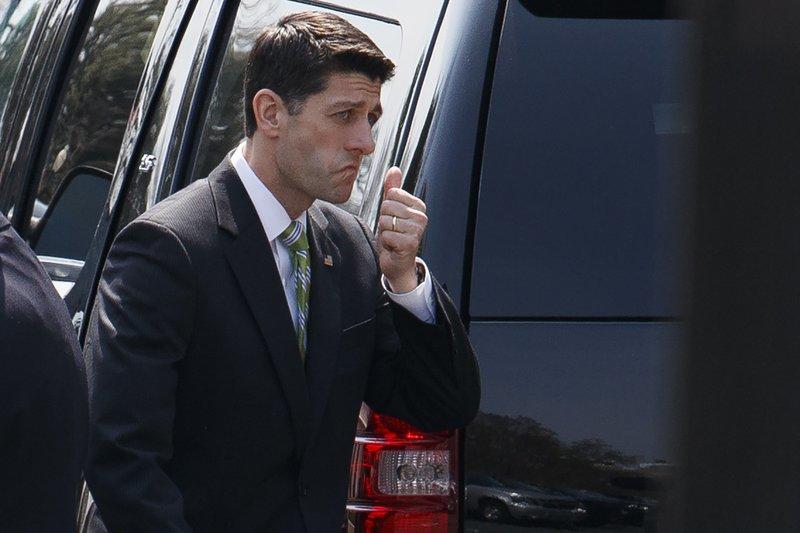Section Branding
Header Content
Challenge To Georgia Election System Faces First Court Test
Primary Content
A sweeping lawsuit challenging the way Georgia elections are run is being put to its initial test Monday as state election officials try to persuade a federal judge to toss it out.
GPB's Sophia Saliby reports ond
The lawsuit was filed weeks after Republican Brian Kemp narrowly beat Democrat Stacey Abrams, in a governor’s race that focused national scrutiny on Georgia’s outdated voting machines and on allegations of voter suppression by Kemp, who was the state’s top election official during the race.
Kemp has adamantly denied allegations of wrongdoing. He signed legislation earlier this month that provides specifications for a new voting system, which the current secretary of state, Brad Raffensperger, says he’ll implement in time for the 2020 election cycle.
The lawsuit accuses the secretary of state and election board members of mismanaging the 2018 election in ways that deprived some citizens, particularly low-income people and minorities, of their constitutional right to vote. It seeks substantial reforms and asks that Georgia be required to get a federal judge’s approval before changing voting rules.
The suit was filed by Fair Fight Action, an organization founded by Abrams, and Care in Action Georgia, a nonprofit that advocates for domestic workers. Several churches, including Ebenezer Baptist Church in Atlanta, the spiritual home of the Rev. Martin Luther King Jr., joined the suit in February.
They allege that November’s vote was marred by problems including long waits at polling places, absentee ballots that weren’t received or weren’t counted, missing or erroneous voter registration records, malfunctioning voting machines and poorly trained poll workers.
Lawyers for the state argue that allegations of “unrelated actions by mostly local officials” don’t amount to constitutional violations requiring judicial intervention. They also said election law should be set by lawmakers, not the courts.
U.S. District Judge Steve Jones instructed both sides to be prepared at Monday’s hearing to talk about whether Fair Fight Action and the other organizations are entitled to bring the suit.
Lawyers for the state argue the organizations base their arguments on speculation and haven’t demonstrated any harm they have suffered for which the court could provide a remedy.
The organizations, which say they have a shared goal of “protecting Georgians’ right to vote,” have argued in court filings that state election officials’ wrongdoing “will require them to spend additional resources on activities such as educating and assisting voters to avoid the voter suppression and disenfranchisement” alleged in the lawsuit.
But that simply amounts to the organizations carrying out their declared missions, state lawyers argue.
“Doing the job one sets out to do is not an injury — it is a purpose, and it does not establish standing,” state lawyers wrote in a filing.
Jones also wants the parties to address the effect of the new voting system legislation Kemp signed. The law authorizes the purchase of ballot-marking machines that print a paper ballot, tweaks some voter eligibility verification and voter roll maintenance practices and clarifies rules for closing or moving polling places.
State lawyers argue the new law makes significant changes that render some of the issues raised in the lawsuit irrelevant and contributes to the hypothetical nature of others.
But the organizations argue the legislation doesn’t go far enough to eliminate barriers to voter registration, adequately protect against polling place closure or provide for secure and reliable voting machines. The organizations would still have to work to ensure people are not disenfranchised by state election officials, they argue.
Finally, the judge wants the parties to discuss whether election officials in each of the state’s 159 counties need to be included as defendants.
Lawyers for the state have argued that local officials manage and administer elections, and that it’s therefore baseless to allege that state officials engaged in “gross mismanagement” of last year’s election. Concerns should be addressed to local officials, they say.
The plaintiffs counter that state law empowers state election officials exercise their “oversight authority to set uniform standards across the state, to train, and to investigate failures of local elections officials.”
This case is most sweeping of several challenges to Georgia’s elections system. U.S. District Judge Amy Totenberg is presiding over a separate lawsuit that says the state’s voting machines are unlawful and seeks statewide implementation of hand-marked paper ballots.


